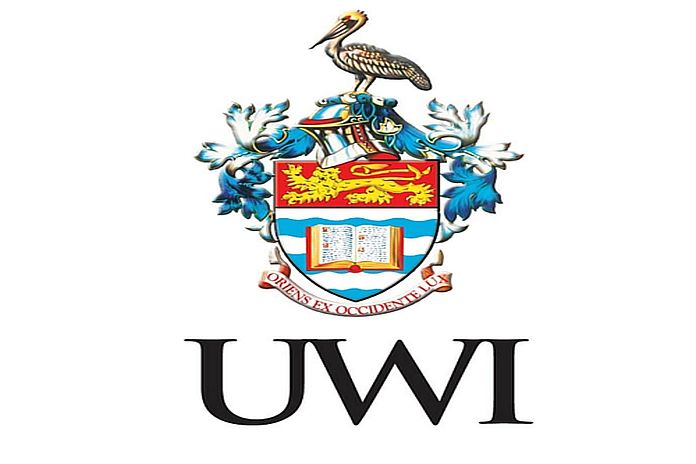By The UWI
KINGSTON, Jamaica – Researchers at The University of the West Indies (The UWI) are pleased to have secured US $300,000 to conduct much-needed research into designing sustainable, nature-based coastal solutions. The grant by Future Earth will fund research in Trinidad and Tobago, USA, Barbados and Jamaica aimed at generating a more universal approach to the design specification of nature-based solutions, making them more widely applicable.
Traditional hard-engineering coastal structures like seawalls, dikes and breakwaters can be valuable for mitigating coastal hazards but these solutions also have several challenges. They are often not adaptable to climate changes, can be harmful to the environment, negatively impact the cultural and socio-economic aspects of communities, are hardly aesthetically pleasing and require significant resources for maintenance during their lifetime. UWI researchers involved in the project Engineering the Design of Nature-Based Solutions for Sustainable Development are convinced that nature-based solutions can mitigate several of these challenges.
According to Dr Deborah Villarroel-Lamb, principal researcher and lecturer in the department of civil and environmental engineering, faculty of engineering at UWI St Augustine.
“Hard engineering alone is rarely ever the optimal solution to a coastal problem; ecosystems must be considered as part or the whole solution. Our Caribbean Small Island Developing States (SIDS) are already facing the challenges associated with climate change including increased coastal erosion and flooding. We must embrace nature-based solutions for coastal hazard mitigation as they provide the benefit of maintaining the aesthetic appeal of tourism-driven coastal infrastructure, but more importantly can provide climate-resilient solutions.”
Commenting further on the value for Caribbean SIDS Villarroel-Lamb, continued:
“We need a more universal approach to the design of these nature-based solutions to render them economically viable and adaptable specifically for Caribbean SIDS. We are prepared to pursue the required research and are extremely grateful for this grant from Future Earth to facilitate this much-needed step in the right direction.”
Speaking on the strategic importance of the partnership Pro Vice-Chancellor, office of global affairs, Sandrea Maynard, said:
“Future Earth is exactly the type of partner that we are always excited to work with given their commitment to innovation, sustainable development, and strengthening their research linkages in the Caribbean. Whilst accessing grant funding, particularly in the context of The UWI’s current ‘revenue revolution’ is important, the impact of this partnership and its support of essential research and working together for the global good is the most significant factor. Helping to broker these connections between agencies that have the funding and our world-class experts who are on the ground doing the research in the areas of sustainable solutions is a critical part of our strategic agenda as the office of global affairs.”
Over the course of the project, researchers’ work will include generating comprehensive datasets from physical and numerical modelling of beach vegetation, coral reefs and mangrove systems; collating and processing wave, current, water level and wind data; and simulating existing and projected hydrodynamics in coastal areas. The data will be transformed into meaningful knowledge that can be used by stakeholders directly involved in co-designing coastal solutions and related decision-making. The project which will prioritize stakeholder engagement and an interdisciplinary approach is also expected to create an interdisciplinary national working group on developing nature-based solutions for coastal erosion in SIDS.
The project is financially supported in part by the Gordon and Betty Moore Foundation through Future Earth. The grant provides US $300,000 in funding over a period of two years; May 2023 to April 2025. Future Earth is a global network of scientists, researchers and innovators collaborating for a more sustainable planet. The group works to accelerate transformations to global sustainability through research and innovation while focusing on a systems-based approach.





